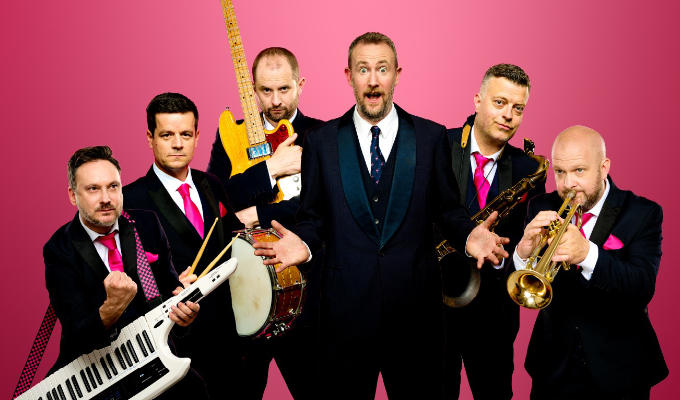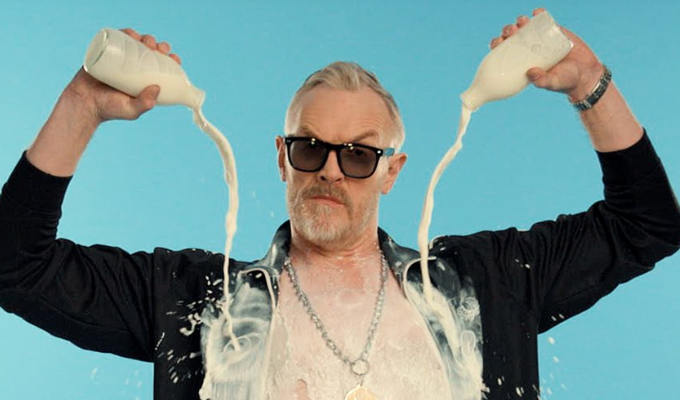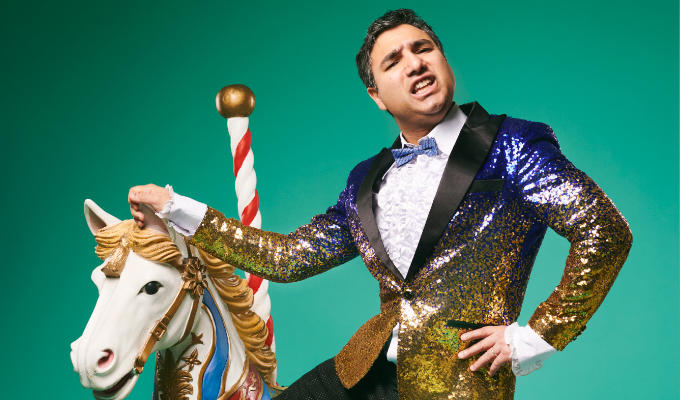
Harry Wright: Smalltown Boy
Camden Fringe comedy review
There’s a warm vulnerability at the heart of Harry Wright’s stage persona, sometimes backed with some inventive jokes. But likeable as that presence is, the stories are often too slight – the ordinary presented as if it was the extraordinary – and don’t add up to a great deal.
In the eagerness get a debut show out there, too little consideration has been paid to why that show needs to exist.
Identity is at the core of Wright’s work, as with so many stand-ups. Gay and autistic are the defining terms, and ‘they’ is the comic’s preferred pronoun.
But only two years out of the closet, most of which coincided with lockdown, Wright seems still seems to be trying to figure things out. The 28-year-old thinks their sexuality is a bigger deal than most fringe audiences would, I’d wager. The move to London that inspired the Smalltown Boy title is all part of that, as the comic seeks reinvention away from a place where ‘gay’ remains a term of ridicule. But uncertainty is hard to make funny, and Wright hasn’t yet got the comic chops to negotiate those difficult waters.
On the other hand, their brain chemistry leads to literal-minded pedantry, which makes for the best lines – cutting through the noise, contradictions and metaphoric turns of phrase the majority take for granted. But there are clichés in this show, too: David Attenborough narrating human behaviour – in this case straight boys in the nightclub – is decidedly old hat.
Nor are many of the personal scenarios Wright brings up all that extraordinary. That a gay man likes sport does not raise eyebrows. That sex-ed school lessons assume heterosexuality might need addressing, but Wright bills it as ‘the most homophobic thing I’ve ever experienced’… in which case they can probably count themselves lucky they’ve had such a sheltered life.
Similarly, mum and dad don't seem to be as eccentric as the set-ups suggest, and the audience don’t invest in the pair of them enough for a family revelation to have the impact it could have.
The show, billed as 60 minutes, fizzles out after 40, with no build-up to a conclusion or feeling that a narrative has come to an end. Wright has a lot going for them - there’s sensitivity, honesty and a winning lack of guile at the heart of their work - but a full solo show is currently something of an over-reach.
Review date: 6 Aug 2021
Reviewed by: Steve Bennett
Reviewed at:
2Northdown









